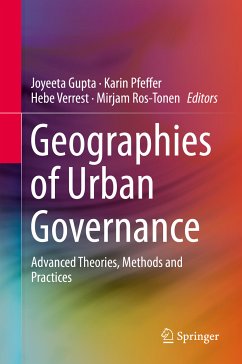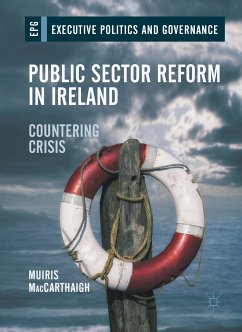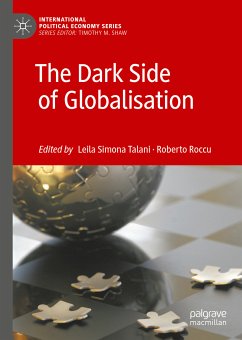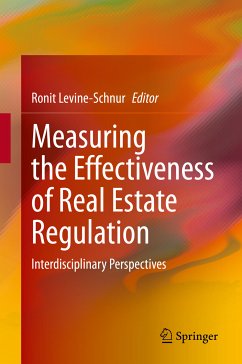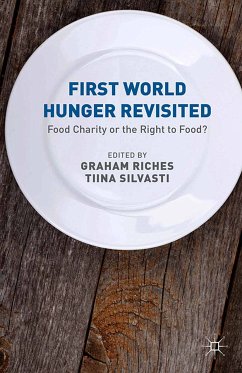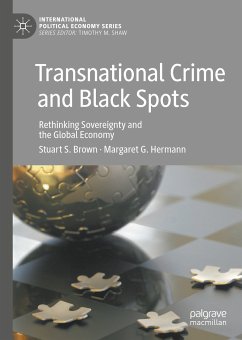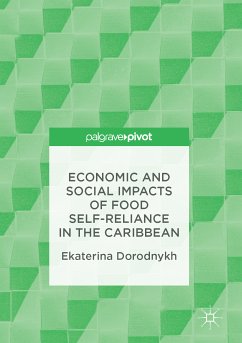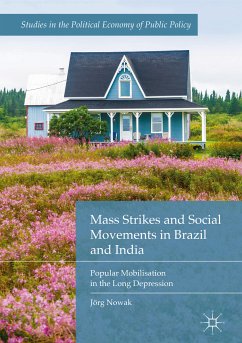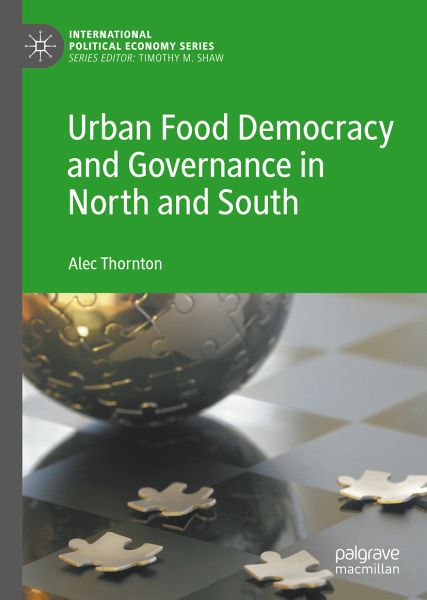
Urban Food Democracy and Governance in North and South (eBook, PDF)
Versandkostenfrei!
Sofort per Download lieferbar
72,95 €
inkl. MwSt.
Weitere Ausgaben:

PAYBACK Punkte
36 °P sammeln!
"Grounded in the urban politics of the 21st Century world-wide, this thoughtful volume hooks urban food - and especially its production - to social justice in a realistic and manageable way." -Diana Lee-Smith, Mazingira Institute, Kenya"An excellent international overview of urban food democracy and governance, with impressive geographical reach." -Andre Viljoen, University of Brighton, UKThis edited collection explores urban food democracy as part of a broader policy-based approach to sustainable urban development. Conceptually, governance and social justice provide the analytical framework f...
"Grounded in the urban politics of the 21st Century world-wide, this thoughtful volume hooks urban food - and especially its production - to social justice in a realistic and manageable way." -Diana Lee-Smith, Mazingira Institute, Kenya
"An excellent international overview of urban food democracy and governance, with impressive geographical reach." -Andre Viljoen, University of Brighton, UK
This edited collection explores urban food democracy as part of a broader policy-based approach to sustainable urban development. Conceptually, governance and social justice provide the analytical framework for a varied array of contributions which critically address issues including urban agriculture, smart cities, human health and wellbeing and urban biodiversity. Some chapters take the form of thematic, issue-based discussions, where others are constituted by empirical case studies. Contributing authors include both academic experts and practitioners who hail from a wide range of disciplines, professions and nations. All offer original research and robust consideration of urban food democracy in cities from across the Global North and South. Taken as a whole, this book makes a significant contribution to understanding the potential enabling role of good urban governance in developing formal urban food policy that is economically and socially responsive and in tune with forms of community-driven adaptation of space for the local production, distribution and consumption of nutritious food.
"An excellent international overview of urban food democracy and governance, with impressive geographical reach." -Andre Viljoen, University of Brighton, UK
This edited collection explores urban food democracy as part of a broader policy-based approach to sustainable urban development. Conceptually, governance and social justice provide the analytical framework for a varied array of contributions which critically address issues including urban agriculture, smart cities, human health and wellbeing and urban biodiversity. Some chapters take the form of thematic, issue-based discussions, where others are constituted by empirical case studies. Contributing authors include both academic experts and practitioners who hail from a wide range of disciplines, professions and nations. All offer original research and robust consideration of urban food democracy in cities from across the Global North and South. Taken as a whole, this book makes a significant contribution to understanding the potential enabling role of good urban governance in developing formal urban food policy that is economically and socially responsive and in tune with forms of community-driven adaptation of space for the local production, distribution and consumption of nutritious food.
Dieser Download kann aus rechtlichen Gründen nur mit Rechnungsadresse in A, B, BG, CY, CZ, D, DK, EW, E, FIN, F, GR, HR, H, IRL, I, LT, L, LR, M, NL, PL, P, R, S, SLO, SK ausgeliefert werden.



